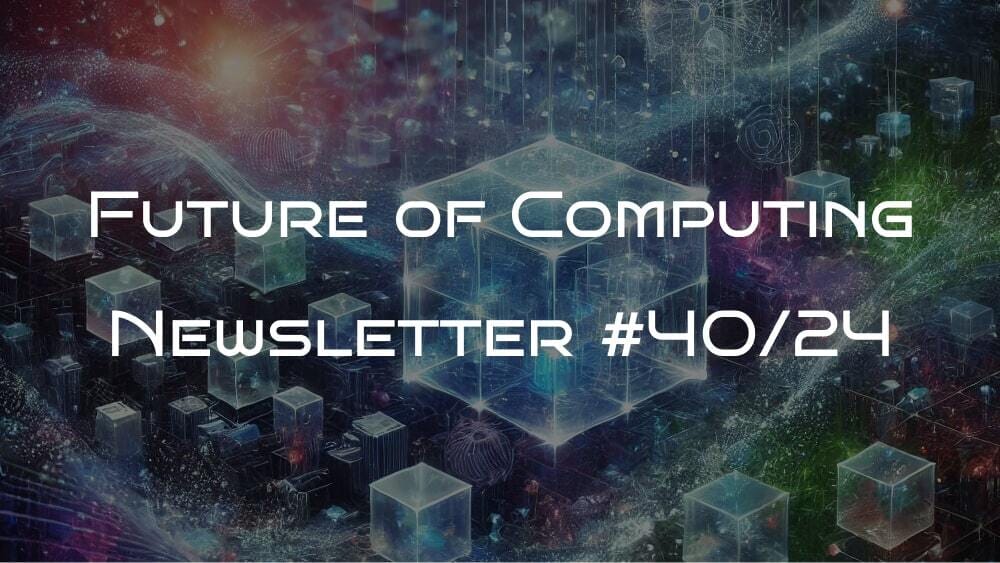UltiHash: Shaping the Future of Object Storage for AI and Data Analytics
The real bottleneck in AI today isn’t just about processing speed—it’s about how quickly processors can access the massive amounts of data needed to train models.
Over the last few years, improvements in memory have been lagging behind the performance gains of processors. As a result, considerable time can be spent on moving data to and from processors, which can easily become a bottleneck in AI training and inference processes.
UltiHash was founded by Tom Lüdersdorf in 2022 to develop software solutions to store and retrieve data quickly and efficiently for AI and advanced analytics applications. They allow users to build a modern data lakehouse in the cloud and on-premises, reducing storage resources without compromising speed.
In late 2023, UltiHash raised a 2.5M pre-seed round led by Inventure and joined by PreSeedVentures, Tiny VC, Futuristic VC, The Nordic Web, and several business angels.
Learn more about the future of object storage for AI and data analytics from our interview with the founder and CEO, Tom Lüdersdorf:
Future of Computing News
⚛️ Zapata Computing Holdings Inc. Ceases Operations (The Quantum Insider)
⚛️ Thinner Materials Enable More Compact Quantum Computing Devices (Azo Quantum)
⚛️ Qunova becomes first to achieve ‘chemical accuracy’ on commercial quantum computers with its hardware agnostic algorithm (EurekaAlert)
⚛️ How Nu Quantum is developing quantum computing infrastructure: NuQuantum’s CEO and founder Carmen Palacios-Berraquero explains the infrastructure needed to scale quantum computing (Verdict)
🤖 Mistral releases new AI models optimized for laptops and phones (TechCrunch)
⚡️ Optalysys Partners with Google HEIR to Trial Photonic Computing Technology for Fully Homomorphic Encryption (Optalysys)
🦾 Spin-wave reservoir chips can enhance edge computing (Phys Org)
🦾 AMD Launches New Ryzen™ AI PRO 300 Series Processors to Power Next Generation of Commercial PCs (AMD)
🌐 Privacy in Cloud Computing through Immersion-based Coding: Conclusion and References (Hackernoon)
Funding News
⚡️ Lightmatter’s $400M round has AI hyperscalers hyped for photonic data centers (TechCrunch)
⚡️ Silicon photonics startup Xscape Photonics closes $44m funding round (DCD)
🦾 Chip Startup AGNIT Semiconductors Secures $3.5 Mn In Seed Funding (Business World)
⚛️ Google Quantum AI invests in QuEra (DCD)
🤖🌐 ApertureData raises USD $8.25m for multimodal AI database (DataCentreNews)
Good Reads
Optalysys, Niobium Microsystems, and Chain Reaction have launched a non-profit organization dedicated to Fully Homomorphic Encryption and associated technologies.
“We introduce MLE-bench, a benchmark for measuring how well AI agents perform at machine learning engineering. To this end, we curate 75 ML engineering-related competitions from Kaggle, creating a diverse set of challenging tasks that test real-world ML engineering skills such as training models, preparing datasets, and running experiments.”
“Furthermore, we investigate the fragility of mathematical reasoning in these models and show that their performance significantly deteriorates as the number of clauses in a question increases. We hypothesize that this decline is because current LLMs cannot perform genuine logical reasoning”
Thank you for being one of the 785 subscribers to this week's edition 🤗
If you like this newsletter, please forward it to a friend or two who can subscribe here



